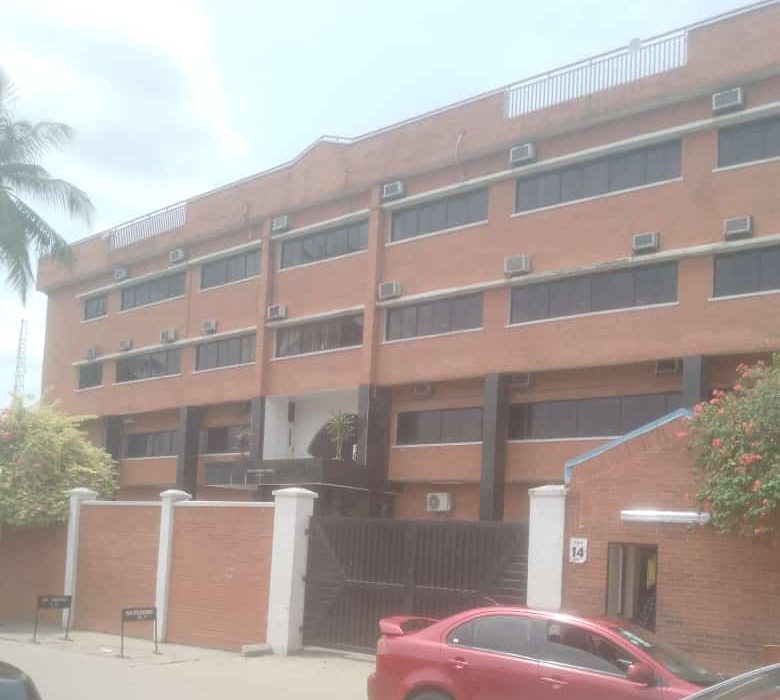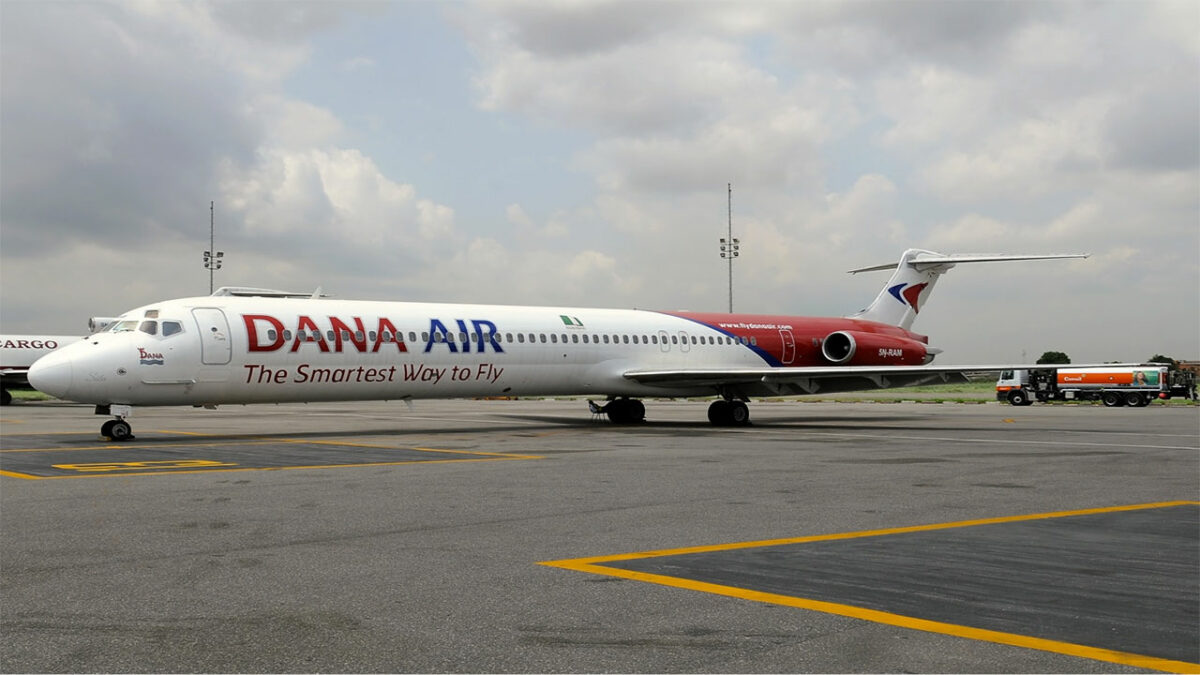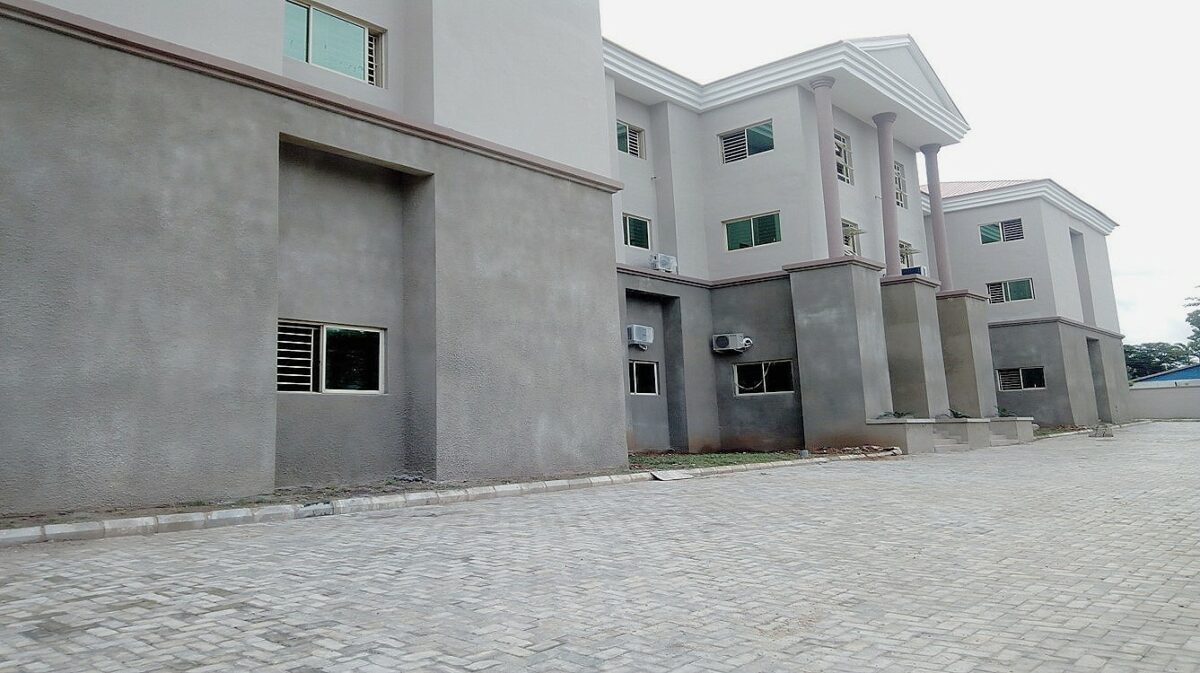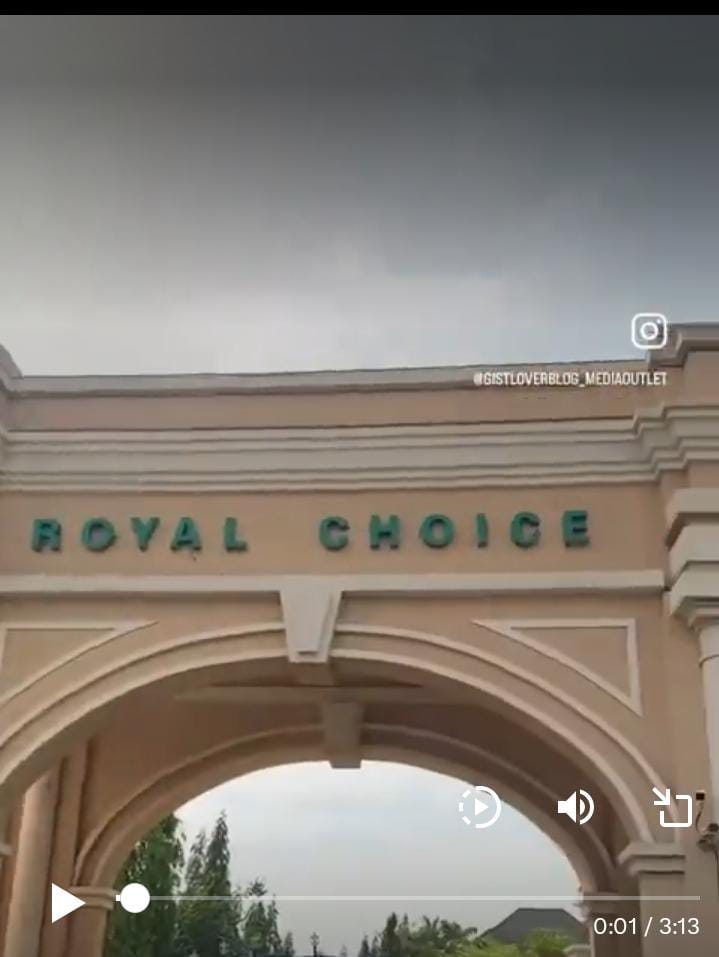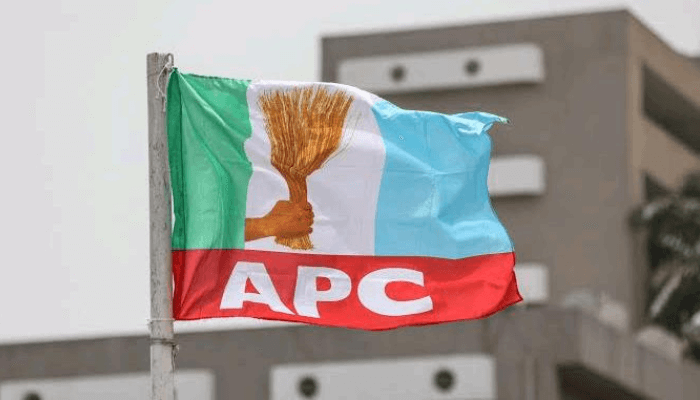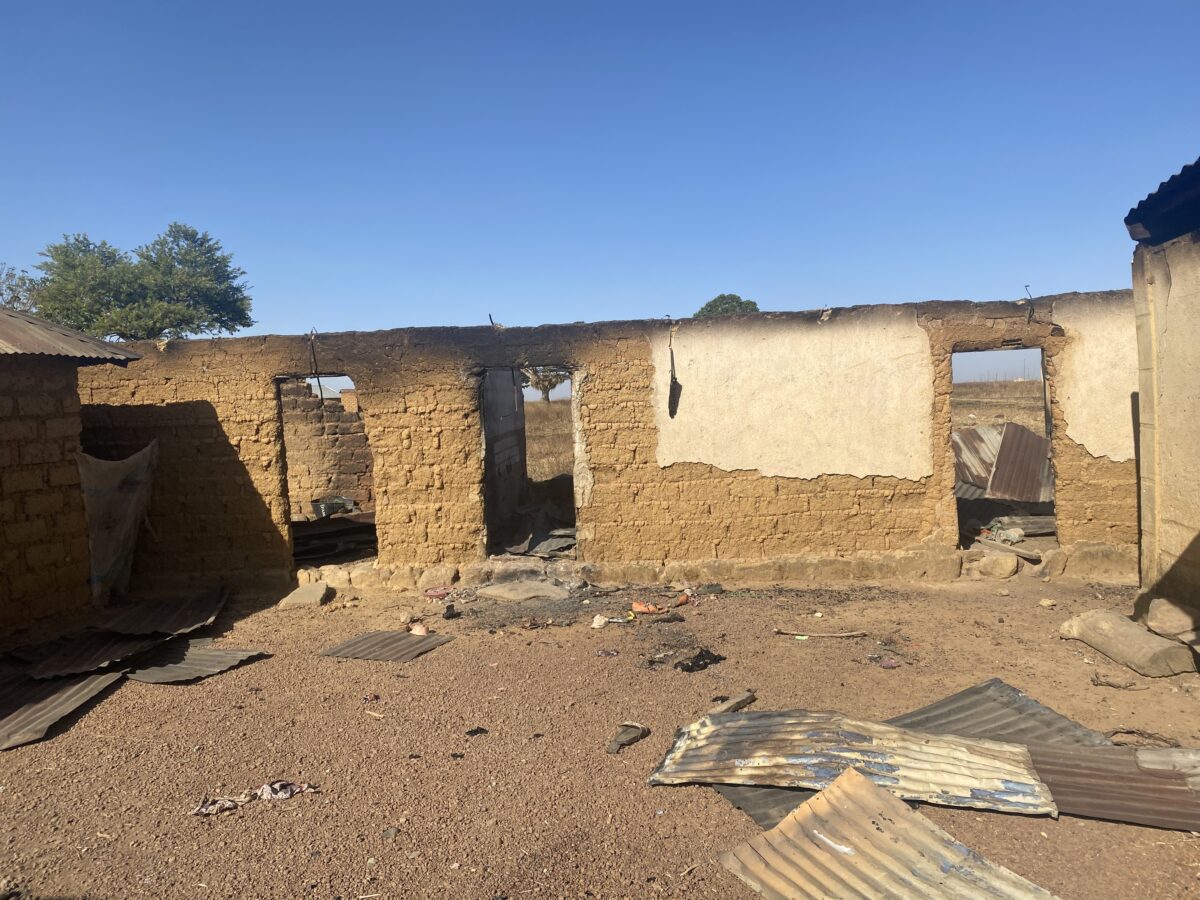In 2024, 24 countries will begin a new era of space exploration by putting the first woman and person of colour on the moon.
Dubbed the Artemis Program, the mission of the alliance is to put humans back on the moon for the first time since the 1972 US Apollo mission.
This mission, led by the National Aeronautics and Space Administration (NASA) in the US, will not only get humans that far but looks to explore getting humans on Mars by the 2030s.
As of March 2022, 75 women had been to space, but none had walked the surface of the moon. Between 1969 and 1972 however, NASA conducted six missions there involving 12 men.
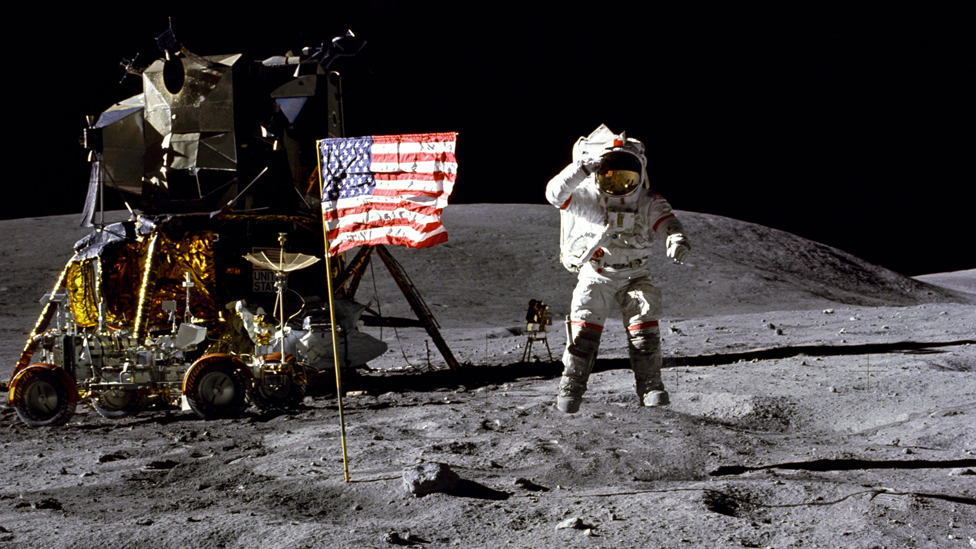
Reaching the moon is no mean feat, but reaching Mars is an even sterner test for NASA, and that is the goal of the Artemis Program.
READ MORE: Musk Launches Starship, Largest Rocket Ever
Steven Swanson, former NASA astronaut, captured the gravity of the mission in a conversation with How It Works magazine in November 2020.
Swanson said, “The real goal is Mars. And we will use the moon as a testbed because Mars is a very difficult mission. It’s going to take almost three years, and you can’t come home early on a Mars mission. It’s a seven or eight-month journey to get there and you have to wait 15 months there for the planets to align correctly again before you return.”
NIGERIA AND THE ARTEMIS ACCORDS
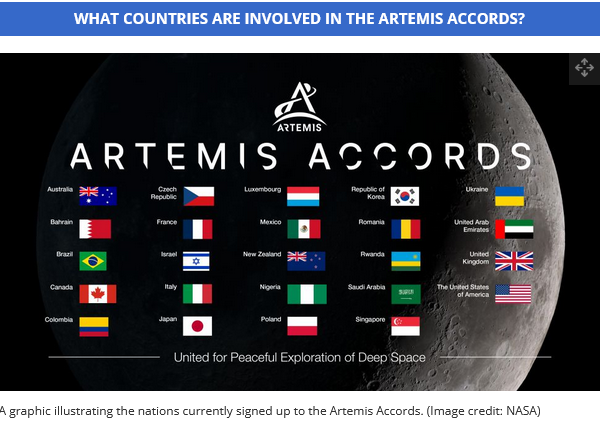
The Artemis Accords are a set of statements that set out common principles, guidelines and best practices that are applicable to the safe exploration of the moon and beyond as humanity extends the duration of space missions and its reach to Mars.
It is a vital part of the success of the Artemis Program led by NASA and the US Department of State, and has 24 voluntary signatories, two of which are African countries: Nigeria and Rwanda.
The accords were reached by eight countries in 2020, but Nigeria and Rwanda only signed on December 13, 2022.
Countries currently signed up to the Artemis Accords include Australia, Bahrain, Brazil, Canada, Colombia, Czech Republic, France, Israel, Italy, Japan, Luxembourg and Mexico.
Others are New Zealand, Nigeria, Poland, South Korea, Romania, Rwanda, Saudi Arabia, Singapore, Ukraine, UAE, UK and the US.
NIGERIA’S ROLE IN THE ARTEMIS PROGRAM
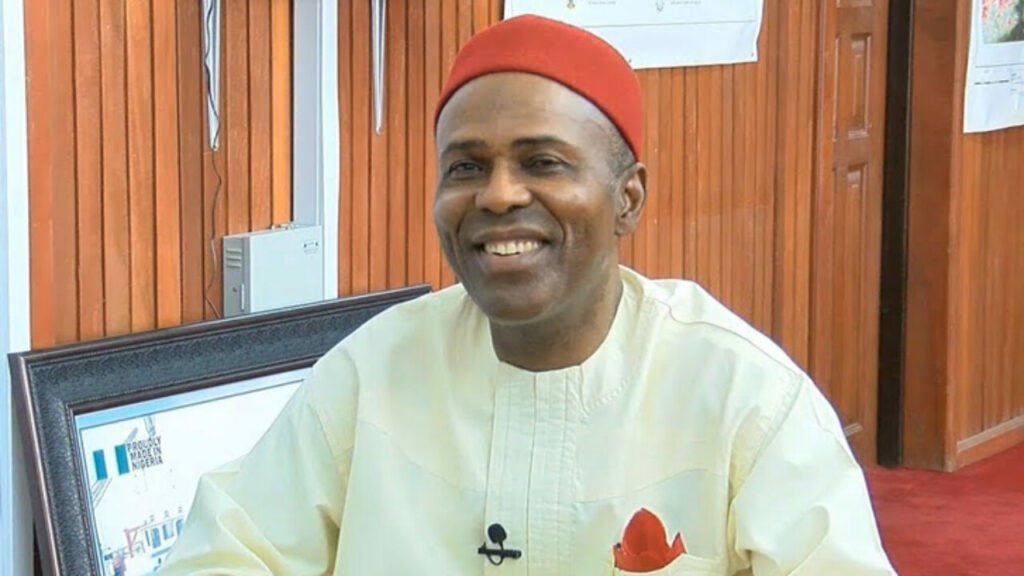
Nigeria’s role as one of the signatories to the Artemis Accords is similar to the role all volunteer countries will undertake.
In the original document signed on October 13, 2020, nine principles were provided for, with peaceful exploration of space in accordance with international law topping the list.
On transparency, the document says, “The Signatories are committed to transparency in the broad dissemination of information regarding their national space policies and space exploration plans in accordance with their national rules and regulations.
“The Signatories plan to share scientific information resulting from their activities pursuant to these Accords with the public and the international scientific community on a good-faith basis, and consistent with Article XI of the Outer Space Treaty.”
READ ALSO: New Satellite Images Prove Russian Military Murdered Civilians in Ukraine
Another provision is interoperability. On this, the accord says, “The Signatories recognise that the development of interoperable and common exploration infrastructure and standards, including but not limited to fuel storage and delivery systems, landing structures, communications systems, and power systems, will enhance space-based exploration, scientific discovery and commercial utilization.
“The Signatories commit to using reasonable efforts to utilise current interoperability standards for space-based infrastructure, to establish such standards when current standards do not exist or are inadequate, and to follow such standards.”
The country is also to assist astronauts and personnel in outer space who are in distress.
To comply with this, Nigeria needs to be able to explore space, and to do it as effectively as other participating countries, the country needs to have a functioning satellite.
NASA, on the importance of satellites, says on its website, “The bird’s-eye view that satellites have allows them to see large areas of Earth at one time. This ability means satellites can collect more data, more quickly, than instruments on the ground. Satellites also can see into space better than telescopes at Earth’s surface.”
If Nigeria is to comply with sharing information on its space explorations, it needs to be able to explore space effectively.
What we currently have is a satellite that expired in 2008, and another that will expire in 2026, meanwhile, the Artemis Program hopes to get to Mars in the 2030s.
NIGERIA’S WORRYING SATELLITES, AND BUHARI’S PROMISES
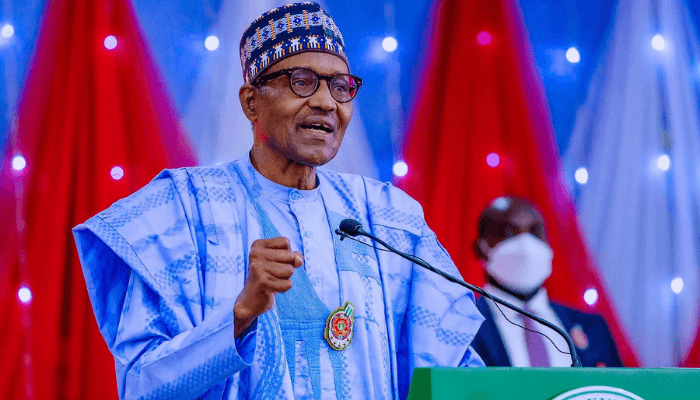
Nigeria first launched a satellite into space in 2003, and has launched a total of five satellites into space.
The country currently has no launch systems, and is not developing any, but has relied and continues to rely on Russia and China to launch its satellites.
On September 23, 2003, Nigeria launched the Nigeriasat-1 from Russia as part of a global disaster monitoring system. The satellite was supposed to expire in five years, but is still operational.
In 2005, Nigeria launched another satellite, NigeriaSat-2, a high-resolution earth satellite by Surrey Space Technology Limited, a United Kingdom-based satellite technology company. The National Space Research and Development Agency (NASRDA) owns it.
Nigeria made a bid to launch a satellite in 2007, but the mission failed as it lost power on November 11, 2008. It was NigComSat-1, a satellite for communication.
In 2009, China helped Nigeria launch NigComSat-1R, a replacement for NigComSat-1. It is the country’s only communications satellite, and will expire in 2026.
To meet its commitments to the Artemis Accords, Nigeria needs to up its budget for space.
THE FINANCIALS
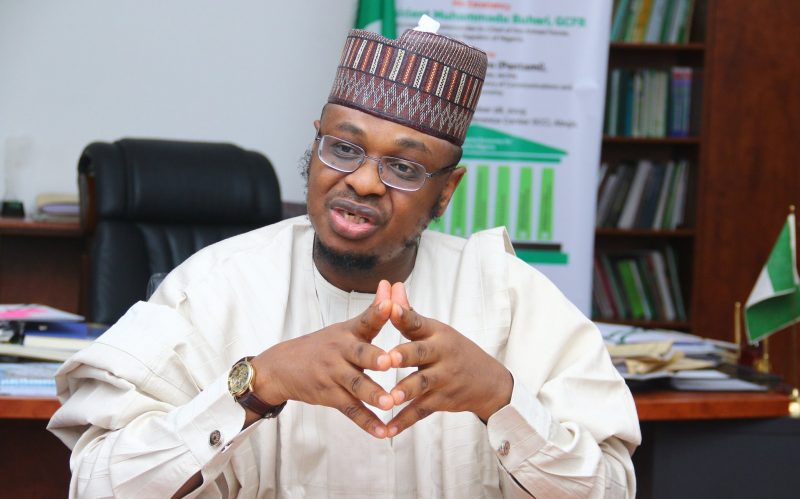
In the 2020 budget, $59.26 million went to space activities in Nigeria, out of this, NASRDA, a civil space agency, got $44.18 million. NigComSat, the satellite operator, got $9.54 million.
For context, in 2018, Nigeria offered to give a $550 million equity stake in NigComSat to a Chinese satellite company, China Great Wall. In return, they would build two satellites and launch them for Nigeria.
In 2021, Buhari promised that NASRDA would build and launch two satellites for the country, and assured Nigerians of his faith in them.
Halilu Shaba, Director-General of NASRDA, however, appealed for more funding.
Isa Pantami, Minister of Communications and Digital Economy, on January 18, 2022, said he had secured Buhari’s permission to spend N2.5 billion to purchase another satellite.
“As a matter of fact, I have secured the approval of Mr President for purchasing of another Satellite. I went further to lobby the Minister of Finance to ensure that this is included in the 2022 budget,” Pantami said.
Since he made this statement, the government has not announced a purchase or launch two years to the moon-landing expedition.
With 24 countries exploring space and contributing to the Artemis Program, one may argue Nigeria may not need its own satellite to explore the same thing, but with the Accords requiring that we share information and help with exploration, the country needs to pull its weight.
Rwanda, a fellow signatory, launched a satellite into space in 2019, and is set to launch 327,320 satellites as part of a constellation for permanent global or near global coverage.
Subscribe
Be the first to receive special investigative reports and features in your inbox.





